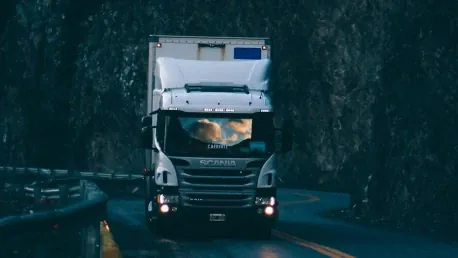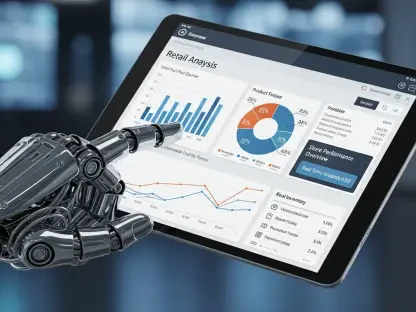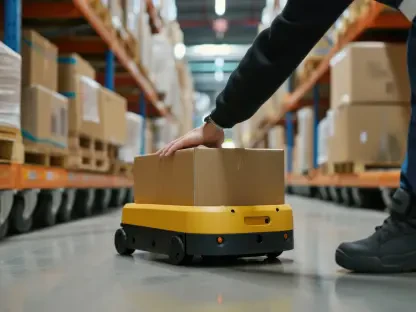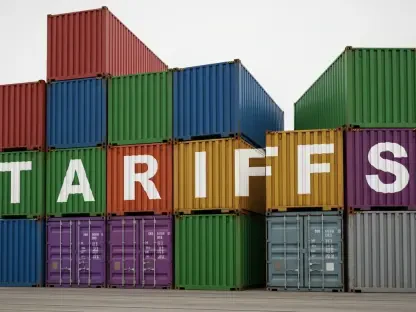Scania has set a groundbreaking precedent in the truck manufacturing industry by integrating remanufactured components directly into its main production line, as highlighted in a recent article by Trans.info journalist Pölös Zsófia. This pioneering initiative marks a significant move towards sustainable manufacturing, forming part of the iReGear project in collaboration with KTH Royal Institute of Technology and Scandinavian Transmission Service AB, all under the funding of Sweden’s innovation agency, Vinnova. For example, a remanufactured gearbox was produced using about 50 percent less material, leading to around 45 percent fewer carbon emissions compared to new gearboxes. Remarkably, this gearbox passed all quality control and function tests, aligning perfectly with the standards that Scania sets for its vehicles.
Shifting Towards a Circular Economy
The shift highlighted by Scania’s innovative approach underscores a broader trend in the automotive industry toward circular economy practices. Remanufacturing, particularly, is emerging as an effective strategy to overcome raw material shortages and achieve climate targets. Traditionally, remanufacturing was restricted to aftermarket spare parts, accounting for just 1.1 percent of new manufacturing in Europe. However, this limited application is now expanding, as demonstrated by the feasibility and tangible benefits of incorporating remanufacturing into primary truck production processes. With its new initiative, Scania proves that remanufacturing can indeed be a viable strategy for the main production line, offering a blueprint for an industry-wide shift.
Both Fredrik Nilzén, Head of Sustainability at Scania, and Farazee Asif, Assistant Professor at KTH, have pointed out the manifold advantages of remanufacturing, which include more sustainable, circular manufacturing systems. These systems are designed to reduce resource use, emissions, and costs without compromising on quality. Fundamentally, the research underlining this project supports the potential of future manufacturing operations to seamlessly integrate remanufacturing, thereby fostering a resilient, sustainable industry. Their insights lend credence to the idea that a circular economy is not only desirable but practically achievable through innovative practices and collaborations across the industry.
Economic and Environmental Benefits
Scania’s pioneering integration of remanufactured components like gearboxes into its main production line reveals significant environmental and economic gains for the automotive sector. This initiative provides a clear template for reducing material use and emissions without compromising quality or performance. The project showcases how sustainability and efficiency can coexist by halving material needs and substantially cutting carbon emissions.
Broader adoption of such practices could transform the automotive industry, encouraging other manufacturers to adopt similar methods. Scania’s success opens the door for the sector to embrace remanufacturing, promoting both sustainability and economic benefits. As demand for greener production methods continues to rise, this concept is gaining momentum, suggesting a promising future where the automotive industry thrives without exhausting finite resources. This is a crucial step towards a circular economy, where products and materials are continuously reused and recycled, ensuring long-term sustainability and resilience in truck production and beyond.









